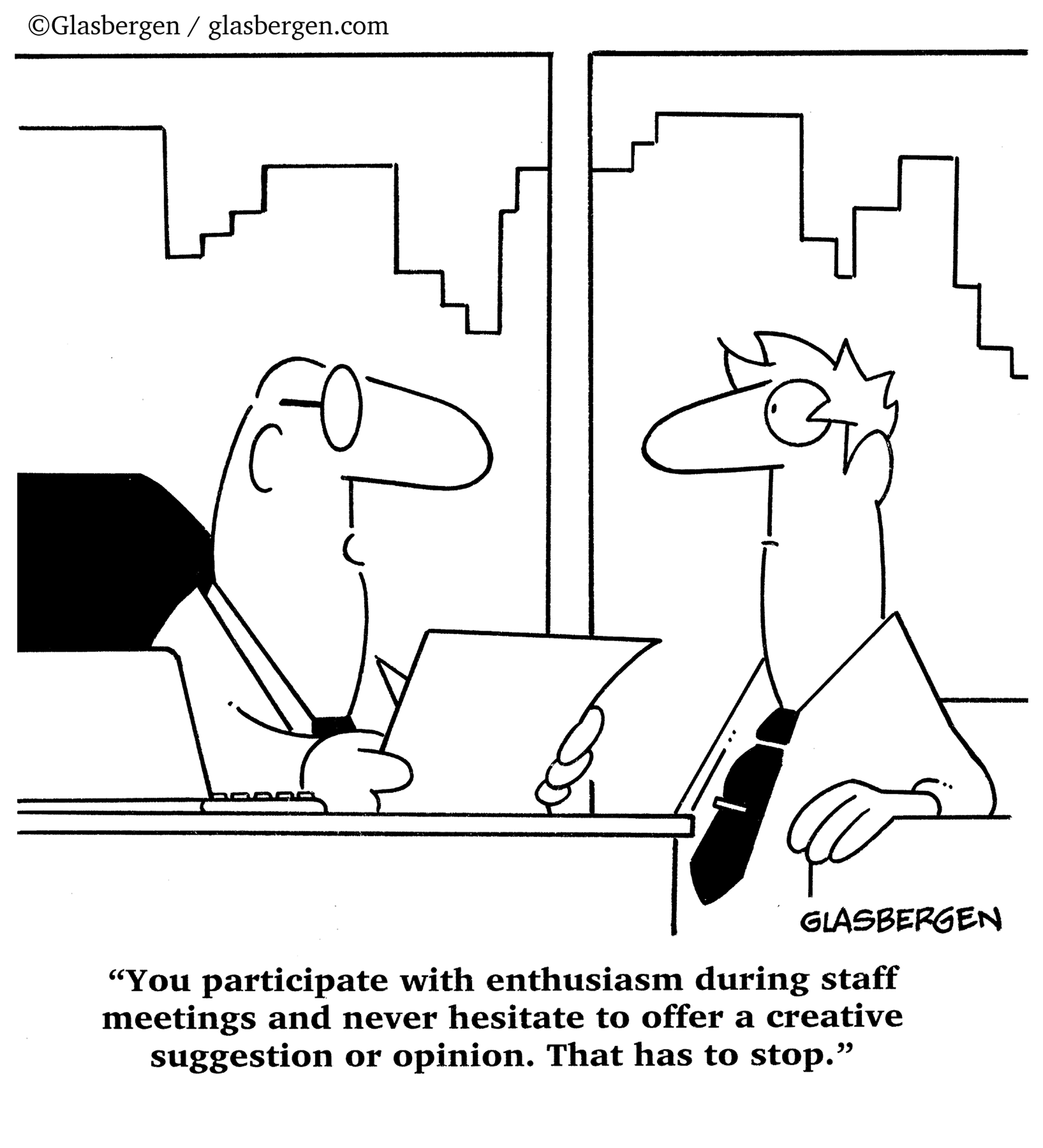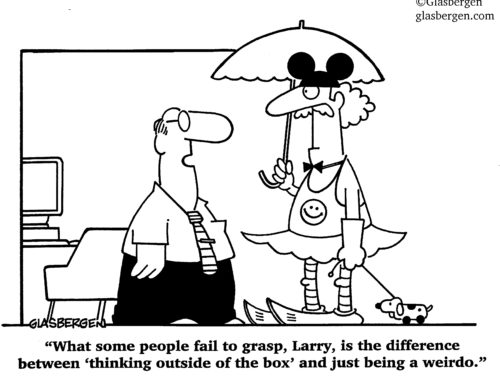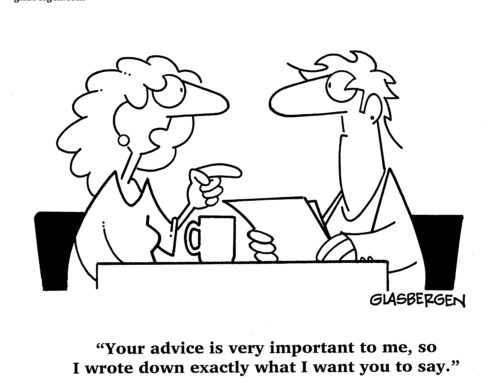What is assertiveness anyway and why is it a good thing?
We are all born with a personality somewhere on the spectrum between passive and aggressive – you probably know where on the spectrum you are – if you’re not sure, ask your nearest and dearest!
Our personalities adapt through our home and life environment, though we still have those natural tendencies which can affect the way we relate to other people.
If we’re more passive by nature, we probably want to please people and are likely to give in to others even when our own needs are unmet. It’s hard for us to stand up for ourselves, especially with people who have very strong views and are demanding.
If we’re more aggressive by nature, we will probably make sure our own needs are met and that our opinions are heard loud and clear, but our relationships with others may suffer as a result.
If we learn to be more assertive, we will be able to hold strong opinions and accept that others don’t have to agree with them, we will be able to discuss a disagreement objectively instead of heatedly and try to find a collaborative solution. We will be able to refuse unreasonable requests without feeling guilty or anxious and without being rude. And on and on.
In my opinion, assertiveness is a learned behaviour – no one is born assertive – and it’s an important skill to learn because it is the basis of all our interpersonal relationships and the foundation of self-development. Some of us are fortunate to learn it at an early age if it’s taught at home or school, but the rest of us can learn it and gain confidence in the process.
Many people think that assertiveness is the same as aggression, but it definitely is not. Let me show you a few characteristics of passive, aggressive and assertive people to give you a better idea:
Passive people tolerate difficult situations and don’t challenge people if they disagree with them. They may go along with what others think because they don’t value their own judgement and they don’t want to cause a difficult situation. In conflict it’s “I lose, you win”.
Aggressive people want to dominate others and state their opinions as fact and are so set on reaching their goals that they may not take the feelings of others into consideration. In conflict it’s “I win, you lose”.
Assertive people speak openly and give information to help others. They try to reach their goals without hurting others along the way and are co-operative. In conflict it’s “Let’s work together to sort this out”.
This is article is barely scratching the surface of this subject, but hopefully it’s given you food for thought and self-evaluation which will enable you to have more assertive relationships at work and in life.



